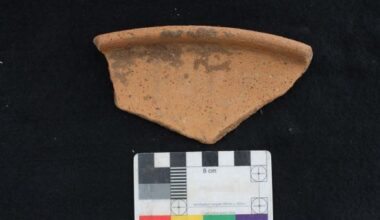Project summary
This research, supported by a CBRL Honorary Fellowship and in collaboration with Elisa Pascucci from the University of Helsinki, takes a critical look at the normalisation of humanitarian remote management, namely the delivery of aid from a distance through remote sensing and other technologies.
Project details
Location: Syria
Year(s): 2020
Project director(s): Nadine Hassouneh
Lead institutions and funding:
- CBRL
Project description
Recent research in geography and related disciplines has called for a focus on the everyday lived precarities in the study of humanitarian aid and peacebuilding. Critical geographies of humanitarian economies and humanitarian labour, in particular, have argued for the political salience of the work of bodies, knowledges and affects in humanitarian spaces.
In a dialogue with this body of work, this research, supported by a CBRL Honorary Fellowship and in collaboration with Elisa Pascucci from the University of Helsinki, takes a critical look at the normalisation of humanitarian remote management, namely the delivery of aid from a distance through remote sensing and other technologies.
We draw on interviews with Arabic-speaking, locally recruited aid workers employed by international non-governmental organisations in the coordination and delivery of aid within Syria and its neighbouring countries. We argue that humanitarian remoteness, far from being a space of automation and techno-logistical efficiency, as it is often characterised in existing literature, is a space of intense embodied labour. Precarity refers here not only to uninsured working conditions, but also to the intertwinement of life and labour as experienced by aid workers who share a social and biographical background with the displaced and the victimised.
We take a closer look at three articulations of these precarities: technological intimacies and affective labour, (im)mobilities and racialisation, and disqualified knowledges in an age of data-driven humanitarianism.
Project bibliography
Hassouneh, Nadine. 2021. The Syrian Desk: hidden precarities in humanitarian remoteness. Bulletin of the Council for British Research in the Levant 2020, p 21.
Published:13 December 2021















